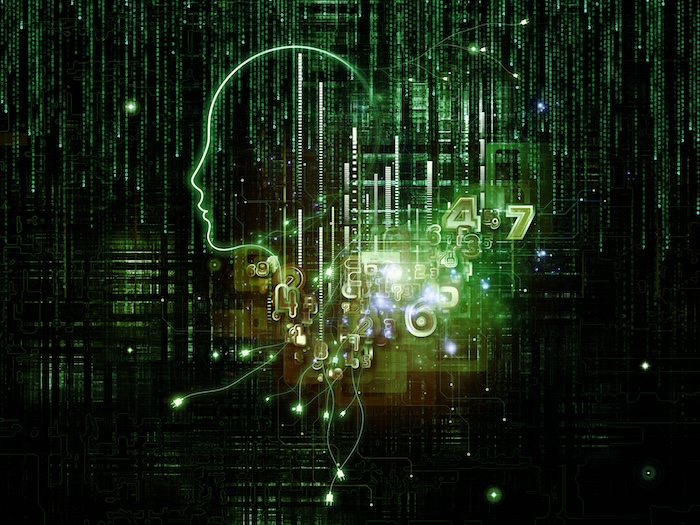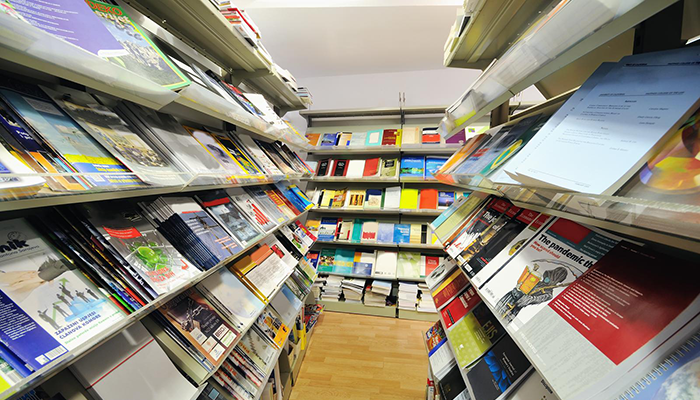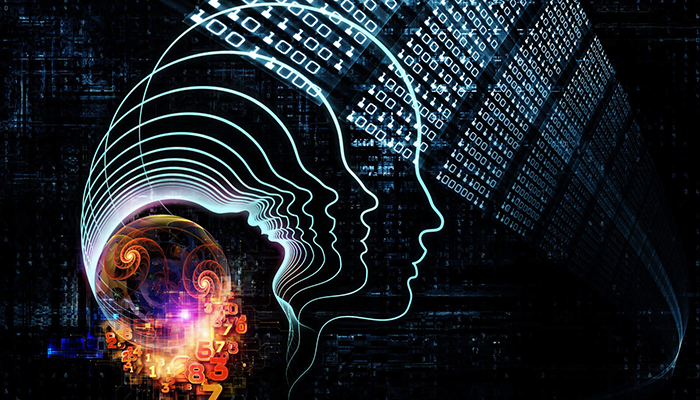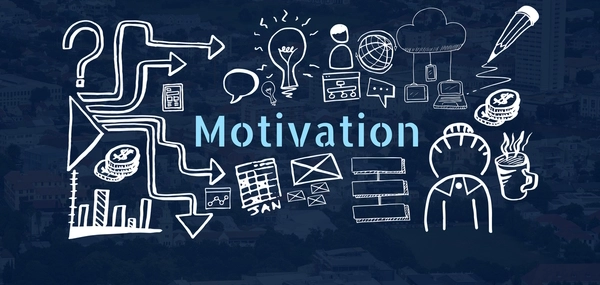Understanding Research Misconduct: Unethical Practices in Science and Publication
Why Unethical Conduct Matters in Scientific Research
In today's fast-paced world, scientific research has become increasingly complex and interdisciplinary. This complexity brings various opportunities for advancements in multiple fields, such as medicine, technology, engineering, and social sciences. However, with these advancements come challenges that require a robust ethical framework to ensure responsible conduct of research. Unethical conduct in scientific research can lead to severe consequences on the individual level, including loss of reputation, career damage, and even legal penalties. On a broader scale, unethical practices can undermine public trust in the research community and jeopardise future investments in research and development.









